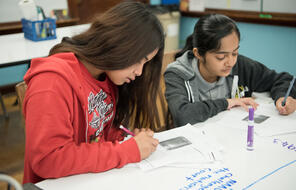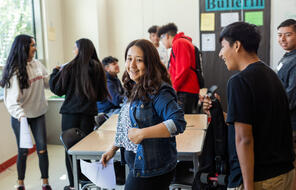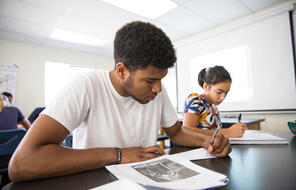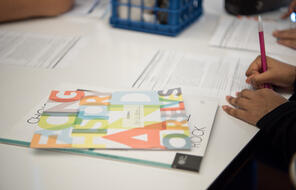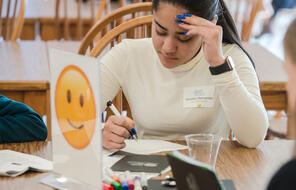The Redneck Stereotype
At a Glance
Language
English — USSubject
- Social Studies
- Culture & Identity
In their book The Companion to Southern Literature, Joseph Flora and Lucinda MacKethan describe the characteristics of the “redneck,” a stereotype of a particular kind of poor white Southerner that dates back to before the Civil War:
Redneck is a derogatory term currently applied to some lower-class and workingclass southerners. The term, which came into common usage in the 1930s, is derived from the redneck’s beginnings as a “yeoman farmer” whose neck would burn as he or she toiled in the fields . . .
Rednecks are not necessarily poor and not necessarily farmers, although rednecks can certainly be each of these things. What differentiates rednecks from poor whites is the perception of rednecks as racist, hot-headed, too physical, violent, uncouth, loud, mean, undereducated—and proud of it. The stereotypes follow: Rednecks do not adopt politically correct speech and are proud to be brutally honest about their feelings about nonwhites. Rednecks like to fight to solve their problems, preferring to beat someone at a street dance than to talk about the problem and solve it diplomatically. Rednecks come to the dinner table barefooted not because they have no shoes, but to specifically sneer at rules. Redneck women smoke cigarettes, chew gum, and wear curlers and put on makeup in public. The redneck rebels against education and against standard English, refusing to speak as others would have him or her speak. Rednecks hunt proudly, take baths only occasionally, and work on old cars in their front yard. Rednecks are characterized by excess; they eat too much, drink too much, smoke too much, play too hard, and live too hard. The outsider’s perception of all these things differentiates the redneck from the poor white. 1
- 1Joseph M. Flora and Lucinda H. MacKethan, eds., The Companion to Southern Literature: Themes, Genres, Places, People, Movements, and Motifs(Baton Rouge: Louisiana State University Press, 2002), 729.
How to Cite This Reading
Facing History & Ourselves, “The Redneck Stereotype,” last updated March 14, 2016.
This reading contains text not authored by Facing History & Ourselves. See footnotes for source information.

